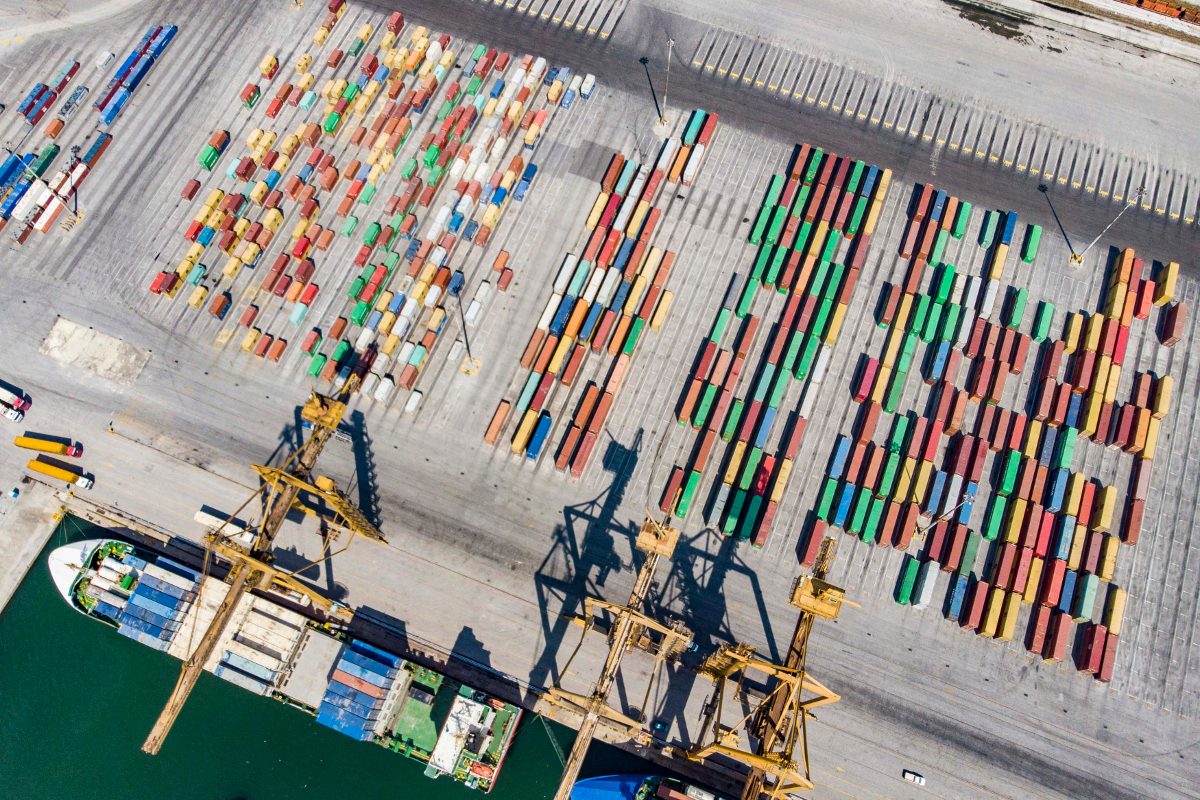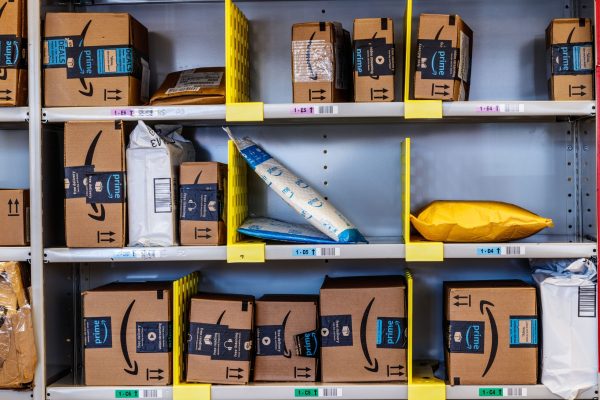While much of the media focus this year has been on the border disruption caused by Brexit, 2021 will also see significant changes to EU customs regulations. Three major changes coming into force throughout the year will affect logistics for businesses shipping across borders, since they impact customs procedures and VAT obligations for e-commerce sellers both inside and outside the EU.
It can take time to navigate the changes. While Sprint Logistics can help you deal with the new requirements as part of our freight management and import/export services, you should take a moment to learn what the changes are so you can continue shipping your products uninterrupted, without delays and disruption to your supply chain.
To help you, we’ve outlined what the changes mean for logistics below.
Ensuring freight security with ICS2
The Import Control System 2 (ICS2) is a large-scale pre-arrival security programme designed to alert customs officials to possible security threats, implemented across the EU since 15 March 2021. It’s in place to make air freight safer and more efficient and to make customs processes faster and smoother for goods being shipped across borders.
The main impact of ICS2 on logistics is that all paperwork needed when shipping items to the EU will need to be completed in advance. This enables advance screening and approval of shipments before loading and departure.
Consignment data and content information required for import and export must now be entered electronically by the sender and sent to the destination country as Electronic Advance Data (EAD). Customs authorities will also need an Entry Summary Declaration (ENS) to help them with risk assessments prior to the shipment’s arrival in the EU.
In the first phase of ICS2, the changes apply only to courier and postal transport in selected countries, but from March 2023 all cargo consignments transported by air freight will require pre-arrival ENS data. By March 2024, any cargo travelling by air, road and sea will be required to submit ENS data, including logistics providers, and the consignee, if based in the EU.
The EU promises this will keep shipments moving without unnecessary delays while providing a more effective and efficient way of screening for threats. Checking for restrictions and licenses, registering with the relevant authorities and ensuring any necessary paperwork is in place prior to dispatching goods will help you avoid fines, delays and unhappy customers.
New VAT rules when shipping in the EU
After 1 July 2021, every merchant selling, storing or transporting goods through the EU will have to be EU VAT-registered – not just those who are based in the EU. This will apply to your business even if you are using a third party logistics (3PL) service like Sprint Logistics.
Up until July 2021, the low-consignment relief (or minimum threshold for VAT payments) has meant that goods below the value of €22 have not been subject to VAT. However, under the new rules, this relief has been abolished. Therefore, VAT will have to be paid on any consignment of standard goods (products that are not subject to excise duties such as alcohol) imported into the EU and valued at €150 or less.
In addition, while in the past member states have determined their own distance selling thresholds, from July 2021 onwards, an EU-wide threshold of €10,000 will apply to all businesses. Even if your business falls below this threshold, your customers will still be liable to pay VAT to customs upon goods entering the EU.
The IOSS streamlines payments for e-commerce retailers
The Import One-Stop Shop (IOSS) scheme is based on an electronic portal through which online retailers can declare and pay their VAT.
This streamlines and clarifies the process of paying, as all VAT charges are clearly displayed for customers. It also eliminates hidden fees by making sure buyers are only charged once at the point of purchase.
While it’s not compulsory to register with this service, it’s highly recommended, as it can make VAT payment much easier and quicker. The IOSS will be implemented from 1 July 2021, but registrations are open now through the IOSS portals of member states to help you plan ahead.
If your business is selling goods through online marketplaces, the new rules mean that the online platform facilitating your sales is responsible for charging and collecting VAT on your behalf as of 1 July 2021. At Sprint Logistics, we take this into account when creating your tailored, integrated multi-channel retail logistics solution.
The Sprint Logistics solution
All of these changes can seem like a lot to digest, and at Sprint Logistics, we understand that you would rather focus on what’s important – growing your brand. That’s why, if you’re shipping to the EU from within its borders or from outside, we can take the hassle out by taking care of the paperwork for you through our end-to-end logistics, freight management and import/export services.
Our e-commerce delivery service API integrates directly into your retail supply chain, and as soon as an order is placed on your website, our warehouse team will pick & pack your products, taking care of fulfilment and your products crossing borders. Our solutions are customised to the needs of your business, so wherever you’re selling to worldwide, our network of experienced professionals will be able to help you.
If you’d like to know more about how we can help you, get in touch today.




